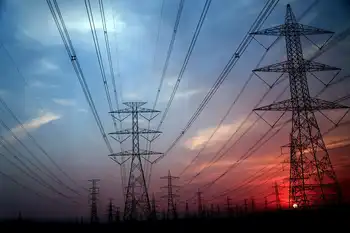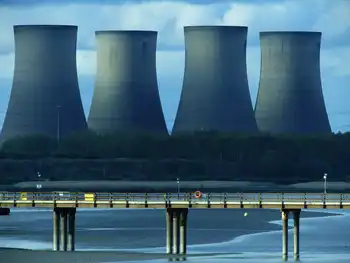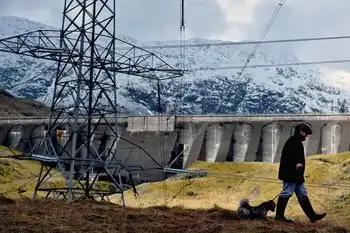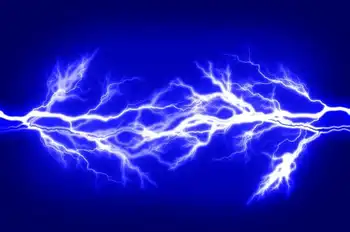Nuclear scientists slam Canada over isotopes
By Toronto Star
Electrical Testing & Commissioning of Power Systems
Our customized live online or in‑person group training can be delivered to your staff at your location.

- Live Online
- 12 hours Instructor-led
- Group Training Available
The Society of Nuclear Medicine chastised the Canadian government for telling the United States that its plan to replace the troubled National Research Universal reactor with two new reactors — called Maple 1 and Maple 2 — would fulfill the need for the radioactive particles used for bone scans and other diagnostic tests.
The Conservative government pulled the plug on the project in 2008 after cost overruns and technical difficulties, and has since said it has no long-term plans to produce medical isotopes for the world market.
“We took that promise at face value, stopped development in the U.S. and waited,” Dr. Robert Atcher, past-president of the society, told a news conference at its annual general meeting in Salt Lake City, Utah.
“Unfortunately, our friends to the north failed to deliver on that promise and cancelled the project two years ago, which has put the whole molecular imaging community in the U.S. in a terrible bind,” Atcher continued. “So let’s call it like it is and say that Canada assured us that there would be a long-term solution and Canada needs to deliver on those assurances.”
Through an email from his spokeswoman Mary Ann Dewy Plante, Natural Resources Minister Christian Paradis said the Maple project was cancelled because “the project still failed to produce even a single medical isotope.”
The National Research Universal reactor at Chalk River has been out of service since May 2009 after a heavy water leak was discovered during a power outage.
Atomic Energy Canada Ltd. does not expect the aging reactor to get back to producing medical isotopes until at least the end of next month.
It used to produce roughly half the North American supply of molybdenum-99, which decays into the technetium-99 isotope used in the majority of nuclear medicine procedures.
“We’ve very frustrated by the fact that we’ve been waiting for a year,” Atcher said. “Initially they told us a month before they would have repairs done, then subsequently three months, then after that six months, then we didn’t even get any deadlines.”
The shutdown at Chalk River — made worse by a Dutch reactor going offline for repairs — has highlighted the fragility of the global supply chain and sparked renewed interest in the U.S. for domestic production of medical isotopes.
A panel of Canadian experts has recommended the federal government replace the 53-year-old Chalk River reactor with a new multipurpose facility, but the Conservatives rejected that suggestion in favour of building a network of cyclotrons that would focus on the domestic market.











